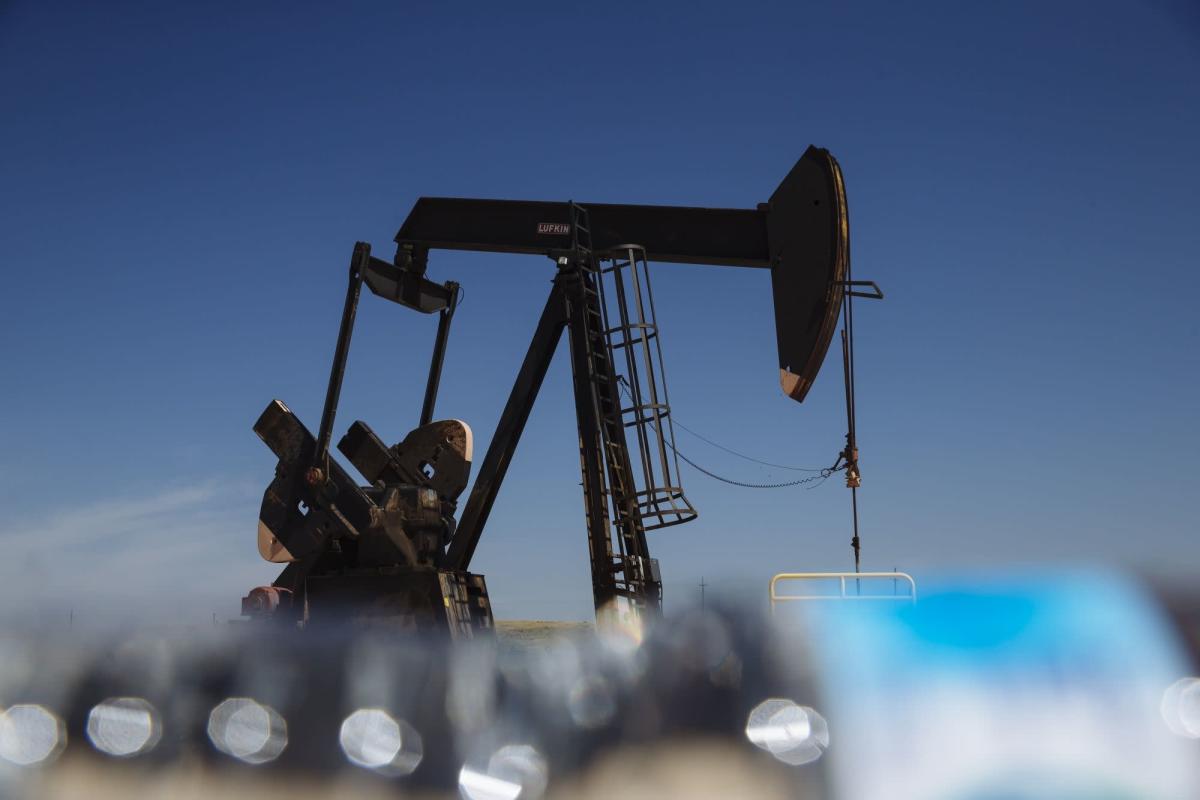
(Bloomberg) — Commodities markets have a well-worn saying that “the cure for high prices is high prices.” According to JPMorgan Chase & Co., the process may just be starting to happen in oil.
Consumers are feeling the pinch as oil has jumped to more than $100 a barrel following Russia’s invasion of Ukraine. But the actual war in Ukraine, the financial sanctions targeting Russia and the spread of the omicron variant in China have all had even more of a direct impact on oil demand than those elevated prices, according to the bank.
“High prices are clearly not the only demand-destructive force in the world at the moment,” JPMorgan analysts including Natasha Kaneva wrote in a note Thursday.
JPMorgan cut its second-quarter demand forecast by 1.1 million barrels a day, and reduced the outlook for both of the two remaining quarters by about 500,000 barrels. The “revisions are heavily concentrated in Europe, which remains the epicenter of the geopolitical shock,” the analysts said.
After a month of record high fuel prices, data suggest consumers are starting to react, they said. Brent crude has surged since Russia invaded Ukraine, trading at over $139 a barrel, the highest price since 2008.
READ: Gasoline Demand in U.S. Starts to Show Cracks at Unlikely Time
JPMorgan said its baseline assumptions include the view that the oil market’s “extreme aversion” to Russian crude will subside. It sees “stranded” Russian oil falling to 2 million barrels per day in April and a perpetual 1 million thereafter, compared with as much as 3.5 million in March. The bank said that will lead to an average price of $114 a barrel for Brent in the second quarter and $101 for the rest of the year.
©2022 Bloomberg L.P.